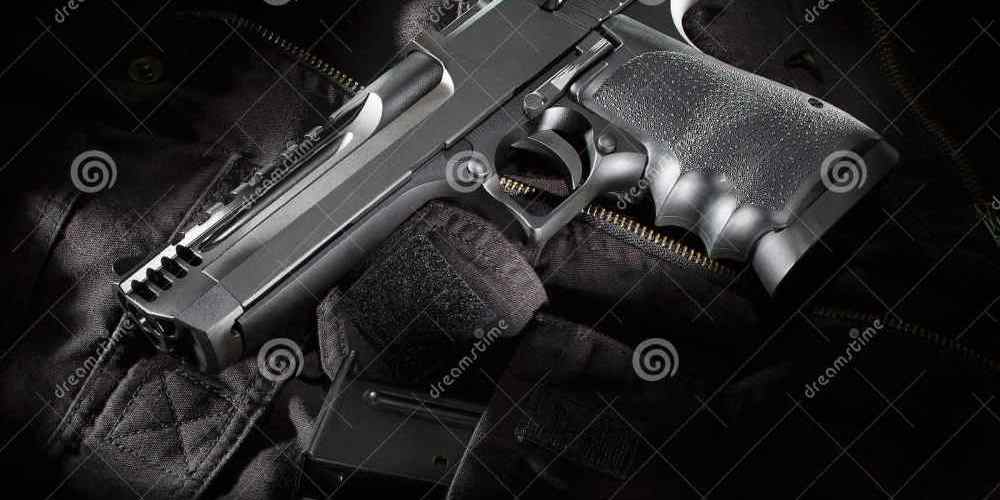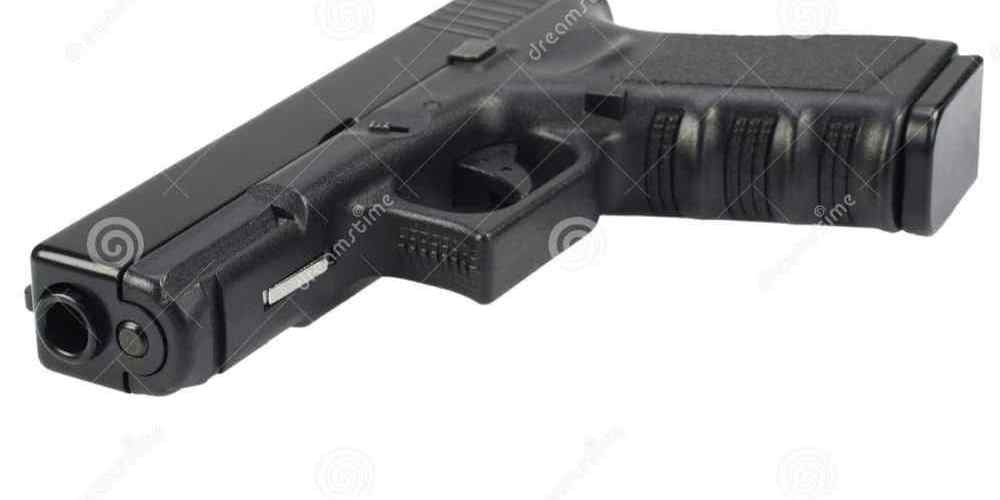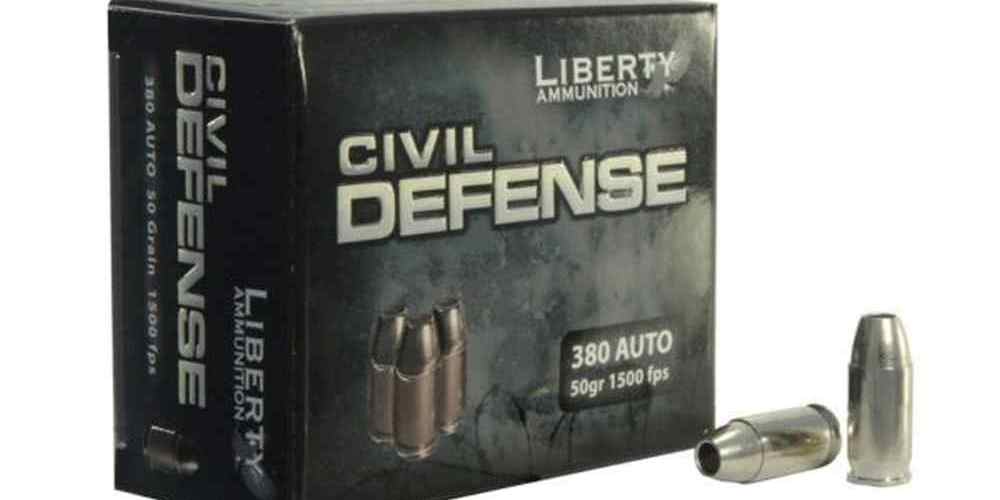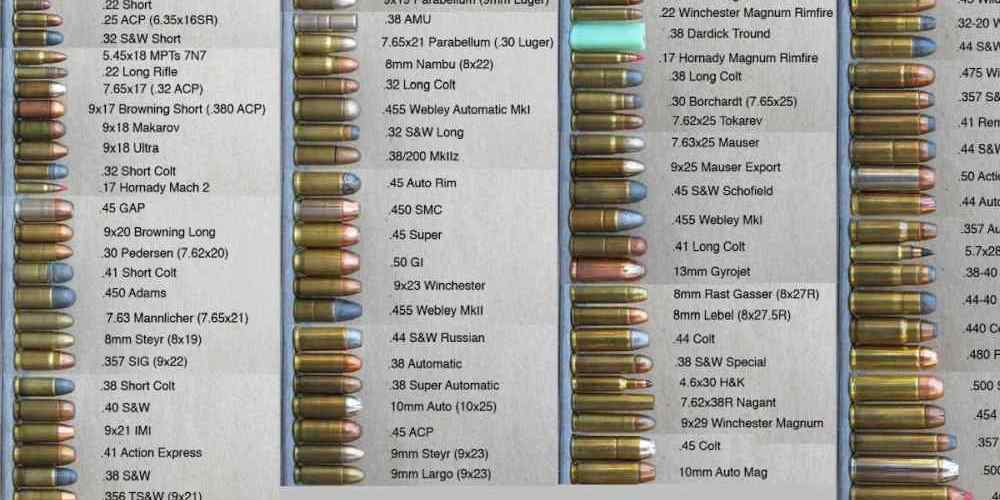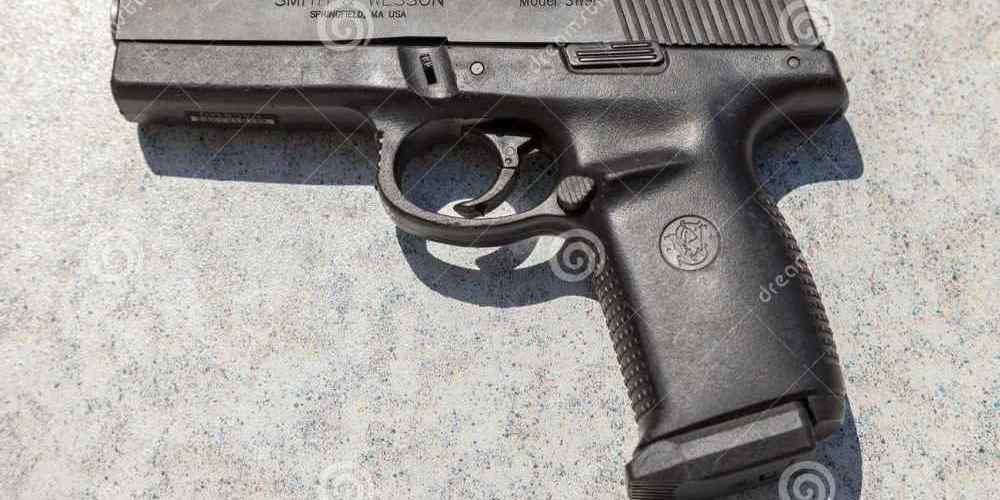“Consistent ammunition, reliable performance.”
Impact of Bullet Type on Handgun Reliability
When it comes to handguns, reliability is key. Whether you are using your handgun for self-defense, target shooting, or hunting, you want to be able to depend on it to perform flawlessly every time you pull the trigger. One factor that can greatly impact the reliability of a handgun is the type of ammunition that is used.
Different types of ammunition can have varying effects on the reliability of a handgun. For example, hollow point bullets are designed to expand upon impact, creating a larger wound channel and increasing stopping power. While this can be beneficial in certain situations, hollow point bullets can also cause feeding issues in some handguns. The wider profile of a hollow point bullet can sometimes catch on the feed ramp of a handgun, causing jams and malfunctions.
On the other hand, full metal jacket bullets have a smooth profile that is less likely to cause feeding issues. However, because they do not expand upon impact like hollow point bullets, they may not be as effective in stopping an assailant quickly. This trade-off between reliability and effectiveness is something that every handgun owner must consider when choosing which type of ammunition to use.
Another factor that can impact handgun reliability is the quality of the ammunition itself. Cheaply-made ammunition may have inconsistent powder charges or improperly-seated bullets, leading to misfires and malfunctions. It is important to purchase high-quality ammunition from reputable manufacturers in order to ensure the reliability of your handgun.
In addition to the type and quality of ammunition used, the condition of the handgun itself can also play a role in its reliability. Regular maintenance and cleaning are essential for keeping your handgun in top working condition. A dirty or poorly-maintained handgun is more likely to experience malfunctions than one that is clean and well-maintained.
Furthermore, the design of the handgun can also impact its reliability when it comes to different types of ammunition. Some handguns are specifically designed to work best with certain types of ammunition, while others may be more versatile in terms of what they can reliably feed and fire. It is important to understand the limitations of your specific handgun and choose ammunition accordingly.
In conclusion, the type of ammunition used in a handgun can have a significant impact on its reliability. Factors such as bullet type, quality, and compatibility with the handgun’s design all play a role in determining how well a handgun will function. By choosing high-quality ammunition that is compatible with your handgun and maintaining your firearm properly, you can ensure that it will perform reliably when you need it most.
Effects of Ammunition Quality on Handgun Performance
When it comes to owning and operating a handgun, one of the key factors that can greatly impact its reliability is the quality of ammunition used. While it may seem like a small detail, the type of ammunition you choose to load into your handgun can make a significant difference in how well it functions. In this article, we will explore the various ways in which ammunition quality can affect handgun performance.
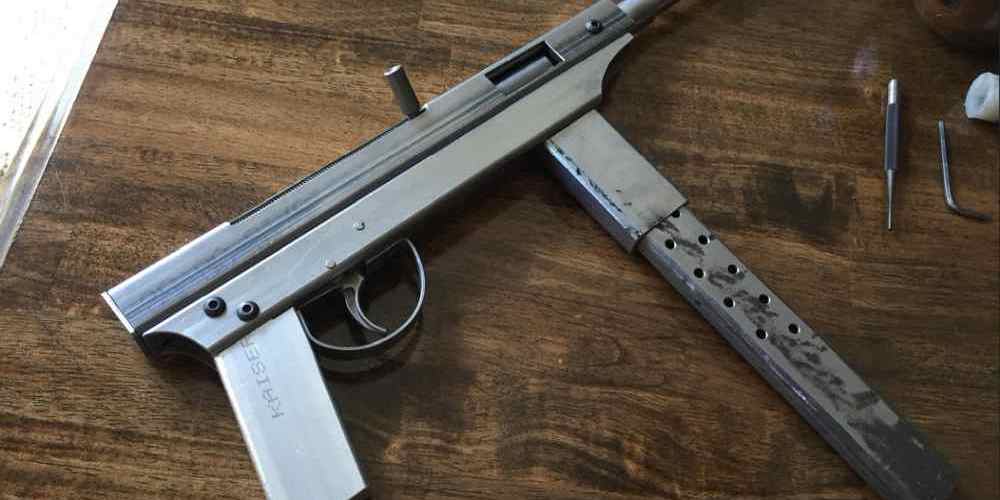
First and foremost, it is important to understand that not all ammunition is created equal. Different brands and types of ammunition can vary in terms of quality, consistency, and reliability. Using low-quality or improperly manufactured ammunition can lead to malfunctions, misfires, and even damage to your handgun. It is crucial to always use high-quality ammunition from reputable manufacturers to ensure the best performance from your handgun.
One of the most common issues that arise from using low-quality ammunition is failures to feed or eject. This occurs when the cartridge fails to properly enter the chamber or is not ejected after firing. These malfunctions can be frustrating and potentially dangerous in a self-defense situation. High-quality ammunition is manufactured with precision and consistency, reducing the likelihood of these types of malfunctions occurring.
In addition to failures to feed or eject, using low-quality ammunition can also result in poor accuracy and inconsistent performance. Ammunition that is not loaded properly or has inconsistencies in powder charge can cause variations in bullet velocity and trajectory. This can lead to unpredictable shooting results and make it difficult to hit your target accurately. By using high-quality ammunition that is manufactured to strict standards, you can ensure more consistent and reliable performance from your handgun.
Another important factor to consider when selecting ammunition for your handgun is the type of bullet used. Different types of bullets have different properties that can affect their performance. For example, full metal jacket (FMJ) bullets are commonly used for target shooting because they are affordable and offer good penetration. However, FMJ bullets may not expand as effectively as hollow point bullets, which are designed for self-defense situations. It is important to choose the right type of bullet for your intended use to ensure optimal performance from your handgun.
In conclusion, the quality of ammunition used in a handgun plays a critical role in its reliability and performance. By choosing high-quality ammunition from reputable manufacturers and selecting the right type of bullet for your needs, you can improve the overall function of your handgun. Investing in quality ammunition may cost a bit more upfront, but it can ultimately save you time, frustration, and potentially even your life in a critical situation. Remember, when it comes to handguns, reliability matters – so choose your ammunition wisely.
Importance of Proper Ammunition Storage for Handgun Reliability
When it comes to owning a handgun, ensuring its reliability is crucial for both safety and performance. One often overlooked factor that can greatly impact a handgun’s reliability is the type and quality of ammunition used. Proper ammunition storage plays a significant role in maintaining the functionality and longevity of your handgun.
Using the right ammunition for your handgun is essential for optimal performance. Different handguns are designed to work with specific types of ammunition, and using the wrong kind can lead to malfunctions and potentially dangerous situations. It is important to always refer to your handgun’s manual to determine the appropriate caliber and type of ammunition it is designed to use.
In addition to using the correct type of ammunition, proper storage is equally important in maintaining your handgun’s reliability. Ammunition that is stored improperly can become damaged or degraded over time, which can affect its performance when fired. Moisture, heat, and exposure to harsh chemicals can all have a negative impact on the quality of your ammunition.
Storing your ammunition in a cool, dry place is key to ensuring its longevity and reliability. Moisture can cause corrosion and rust on the casing and primer of the ammunition, which can lead to misfires or failure to feed properly in your handgun. Keeping your ammunition in a sealed container or ammo box will help protect it from environmental factors that can degrade its quality.
Another important aspect of proper ammunition storage is keeping it away from extreme temperatures. High heat can cause the gunpowder inside the cartridge to break down faster, leading to inconsistent firing and potential safety hazards. Similarly, extreme cold can also affect the performance of your ammunition by causing it to become brittle or less reliable.
Properly storing your ammunition also means keeping it away from harsh chemicals or cleaning solvents that can damage the casing or primer. It is important to store your ammunition separately from any cleaning supplies or other chemicals that could potentially come into contact with it and compromise its integrity.
Regularly inspecting your stored ammunition for any signs of damage or degradation is also essential for maintaining its reliability. Look for dents, cracks, or discoloration on the casing that could indicate potential issues with the integrity of the cartridge. If you notice any abnormalities, it is best to dispose of the ammunition properly and replace it with fresh rounds.
By taking the time to properly store your ammunition, you are not only ensuring the reliability of your handgun but also promoting safety and responsible gun ownership. Investing in quality ammo boxes or containers, keeping your ammunition in a controlled environment, and regularly inspecting it for any signs of damage are all simple steps you can take to maintain the functionality and performance of your handgun.
In conclusion, proper ammunition storage is essential for maintaining the reliability of your handgun. Using the correct type of ammunition, storing it in a cool, dry place away from extreme temperatures and harsh chemicals, and regularly inspecting it for any signs of damage are all crucial steps in ensuring optimal performance when firing your handgun. By taking these precautions, you can enjoy safe and reliable shooting experiences while prolonging the life of your firearm.
How Different Calibers Affect Handgun Functionality
When it comes to choosing a handgun, one of the most important factors to consider is ammunition. The caliber of the ammunition you choose can have a significant impact on the reliability and functionality of your handgun. Different calibers have different levels of power, recoil, and accuracy, which can all affect how well your handgun performs.
One of the first things to consider when choosing a caliber is the size of the bullet. Larger bullets generally have more stopping power and are more effective at taking down targets. However, they also tend to have more recoil, which can make them harder to control. Smaller bullets, on the other hand, have less stopping power but are easier to handle.
Another factor to consider is the type of ammunition. Hollow point bullets are designed to expand upon impact, causing more damage to the target. This can be useful for self-defense situations where you need to stop an attacker quickly. Full metal jacket bullets, on the other hand, are designed to penetrate through barriers and are often used in military and law enforcement applications.
The type of ammunition you choose can also affect the reliability of your handgun. Some handguns are designed to work best with certain types of ammunition, so it’s important to choose ammunition that is compatible with your firearm. Using the wrong type of ammunition can cause malfunctions and decrease the overall reliability of your handgun.
In addition to considering the size and type of ammunition, it’s also important to think about the quality of the ammunition you’re using. Cheap or low-quality ammunition can cause jams and misfires, leading to a less reliable handgun. It’s worth investing in high-quality ammunition from reputable manufacturers to ensure that your handgun functions properly.
When it comes to calibers, there are several popular options that offer a good balance of power and control. .22 caliber handguns are popular for target shooting and plinking due to their low recoil and affordability. 9mm handguns are another popular choice for self-defense due to their moderate recoil and availability of ammunition.
If you’re looking for more stopping power, .45 caliber handguns offer a larger bullet size and greater stopping power. However, they also tend to have more recoil, which can make them harder to control for some shooters. It’s important to consider your own comfort level with recoil when choosing a caliber.
Ultimately, the best way to determine how different calibers will affect your handgun’s reliability is to test them out for yourself. Take your handgun to the range and try out different types of ammunition to see how they perform. Pay attention to things like recoil, accuracy, and malfunctions to get a sense of how each caliber impacts your handgun’s functionality.
In conclusion, ammunition plays a critical role in determining how reliable and functional your handgun will be. Different calibers offer varying levels of power, recoil, and accuracy that can affect how well your handgun performs in different situations. By choosing high-quality ammunition that is compatible with your firearm and testing out different calibers at the range, you can find the right balance between power and control for your needs.
Role of Ammunition Maintenance in Ensuring Handgun Reliability
When it comes to handguns, reliability is paramount. Whether you are a law enforcement officer, a competitive shooter, or a responsible gun owner for personal defense, having a reliable handgun can make all the difference in critical situations. One often-overlooked factor that can significantly impact handgun reliability is the type and condition of the ammunition being used.
Ammunition plays a crucial role in the overall performance of a handgun. The type of ammunition you choose can affect everything from accuracy and recoil to feeding and ejection. It is essential to select high-quality ammunition that is appropriate for your handgun’s caliber and design. Using substandard or incorrect ammunition can lead to malfunctions and potentially dangerous situations.
In addition to choosing the right type of ammunition, proper maintenance of your ammunition is equally important. Ammunition that has been improperly stored or handled can degrade over time, leading to misfires, squibs, or other malfunctions. To ensure the reliability of your handgun, it is crucial to inspect your ammunition regularly and follow proper storage guidelines.
Inspecting your ammunition involves checking for signs of corrosion, damage, or deformation. Corrosion can occur when ammunition is exposed to moisture or extreme temperatures, causing the casing or primer to deteriorate. Damaged or deformed ammunition may not feed properly into the chamber or could cause malfunctions during firing. It is essential to discard any ammunition that shows signs of damage and replace it with new, high-quality rounds.
Proper storage of your ammunition is also critical in maintaining its reliability. Ammunition should be stored in a cool, dry place away from direct sunlight and extreme temperatures. Excessive heat can cause the propellant in the cartridge to break down, leading to reduced performance or malfunctions. Similarly, exposure to moisture can cause corrosion and degrade the quality of the rounds. By storing your ammunition properly, you can ensure that it remains reliable when you need it most.
Regularly rotating your stockpile of ammunition is another important aspect of maintenance. Over time, even high-quality ammunition can degrade if left unused for an extended period. By periodically shooting through your supply and replenishing it with fresh rounds, you can ensure that your handgun remains reliable and performs at its best when needed.
In conclusion, the role of ammunition maintenance in ensuring handgun reliability cannot be overstated. By selecting high-quality ammunition that is appropriate for your handgun’s caliber and design, inspecting it regularly for signs of damage or corrosion, storing it properly, and rotating your stockpile periodically, you can maintain the reliability of your handgun and be prepared for any situation that may arise. Remember, when it comes to handguns, reliability is key – so make sure your ammunition is up to the task.




